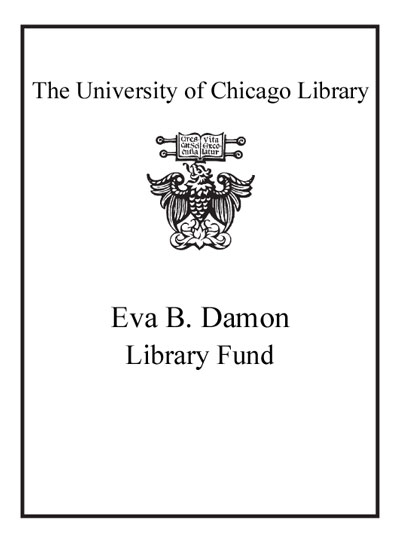Review by Choice Review
A harsh critic of her native South, early-20th-century novelist Ellen Glasgow prescribed "blood and irony" to cure the region's cultural shortcomings--blood to stimulate its creativity, and irony to promote a critical vision that would counter sentimentality. Gardner (Mercer Univ.) situates Glasgow and her predecessors and successors inside an impressively researched and thoroughly contextualized argument revealing that the ongoing reconstruction of the war experience served to soothe the region's psyche and reshape an unpalatable past. The accounts of those who lived through the war were rich in variety, according to Gardner, but this variety narrowed as the powerful United Daughters of the Confederacy (UDC) put forth a programmatic regime demanding rigorous study and production of the right kind of history--epic narratives unveiling a divine plan, rather than professional histories based on evidence and scientific method. Gardner brilliantly shows the UDC's determination to win the war over memory and history and its ultimate success in shaping not only regional, but national, understanding. She cements her argument regarding southern women's literary influence with an analysis of Margaret Mitchell's Gone With the Wind (1936), the "modern" novel that finally turned attention away from the Old South toward the New, in ways quite different from its contemporaries. ^BSumming Up: Highly recommended. Most libraries. M. A. McEuen Transylvania University
Copyright American Library Association, used with permission.
Review by Choice Review

